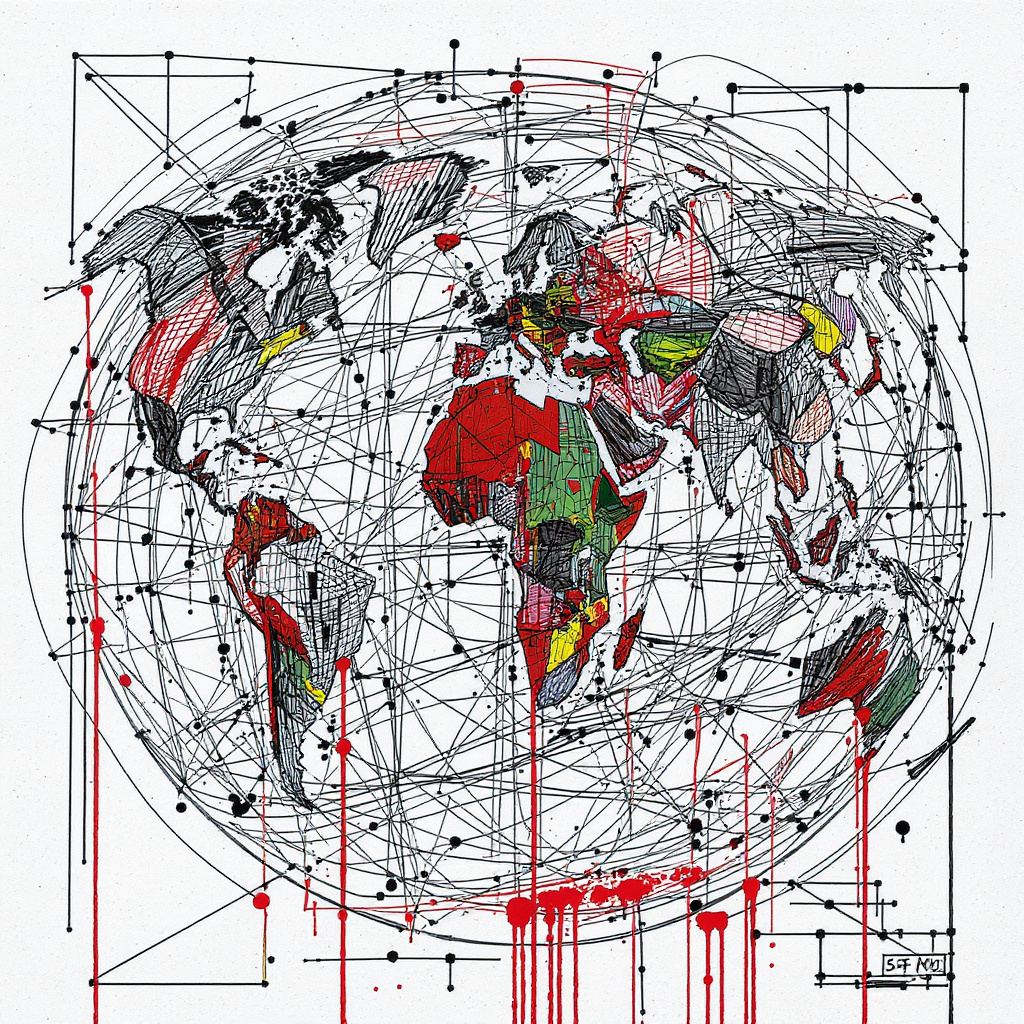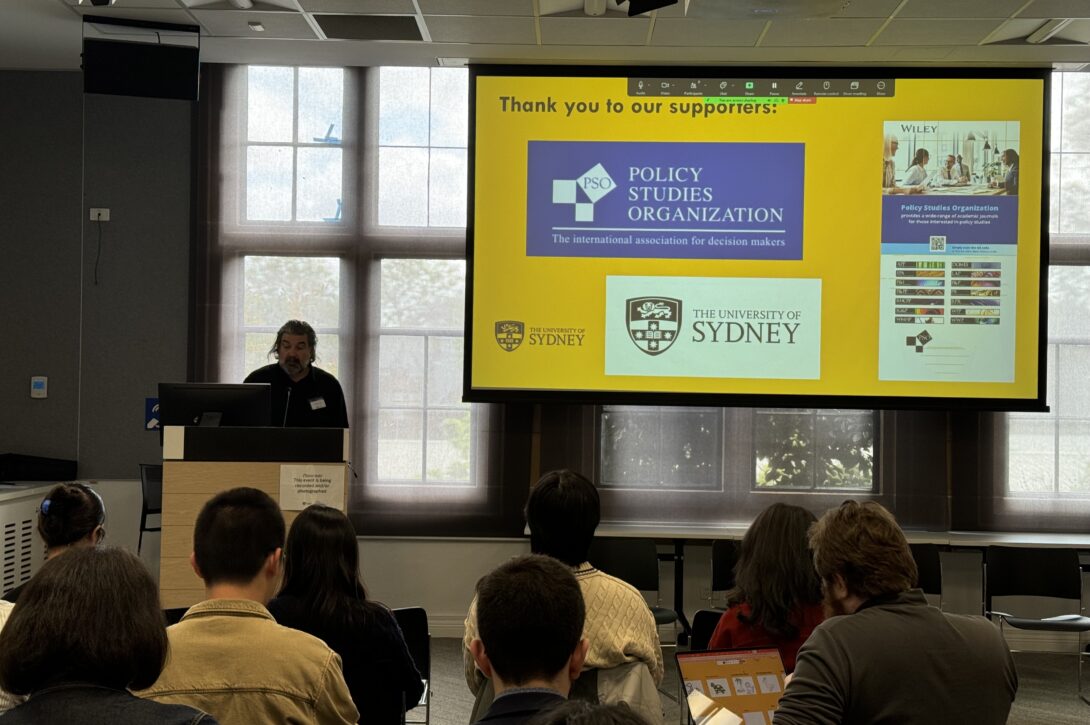Category: Articles from Policy & Internet
All topics
-

Policy & Internet Conference 2026
Call for Proposals University of Sydney, Camperdown, NSW, Australia (Hybrid) 30 September – 2 October…
-

Lessons from the Late Roman Church on Taming Big Tech by Nelson Chen
Ancient Rome’s struggle against heresy offers timely lessons for today’s policymakers seeking to regulate harmful…
-

Call for EOIs: New editorial roles at Q1 journal Policy & Internet
Policy & Internet is seeking expressions of interest (EOI) from academics interested in joining the…
-

Q1 Journal Policy & Internet Announces New Editorial Team
Policy & Internet is pleased to announce an exciting transition in its editorial leadership for…
-

How Can Digitalisation Close the VAT Gap? Insights for Policymakers
By embracing digital transformation, policymakers can create more efficient, transparent, and fair tax systems that…
-

Deep Fakes and the AI Act: an Important Signal or a Missed Opportunity?
How are deepfakes regulated by the AI Act? What are the main shortcomings of the…
-

Mediated Trust: From the open Internet to artificial intelligence
Trust is a critical driver for AI adoption. If people do not trust AI, they…
-

The Power of Digital Participation – How Online Tools Affect and Are Affected by Policy Conflicts
Can e-participation improve policy processes, or do existing conflicts hinder its potential?
-

A plot on democracy: has the role of e-petitioning changed with the mainstreaming of conspiracy theories?
The emergence of conspiracy theories within petitions is paradoxical: why target these beliefs at the…
-

Blockchain for better e-governance? Understanding the latest developments in the industry
If the potential of blockchain-driven management is fully realised, what areas in the public, economic,…
-

Can e-participation be improved? Lessons from two successful initiatives.
Many initiatives have been launched, but some of them fail and/or are abandoned, contributing to…
-

Do online consultations make citizens more satisfied with local democracy?
We find that giving citizens an opportunity to have a say in political decisions influences…
